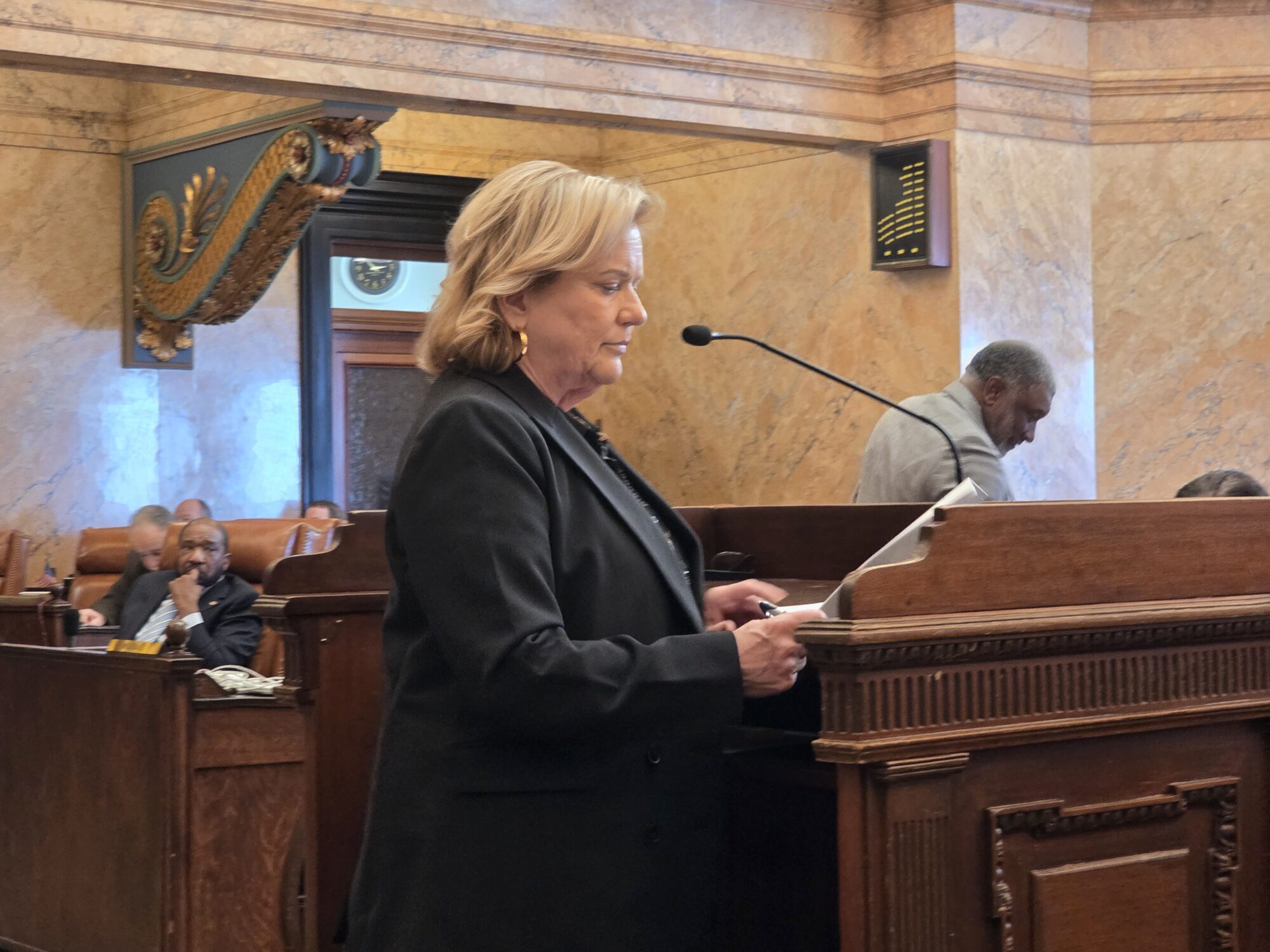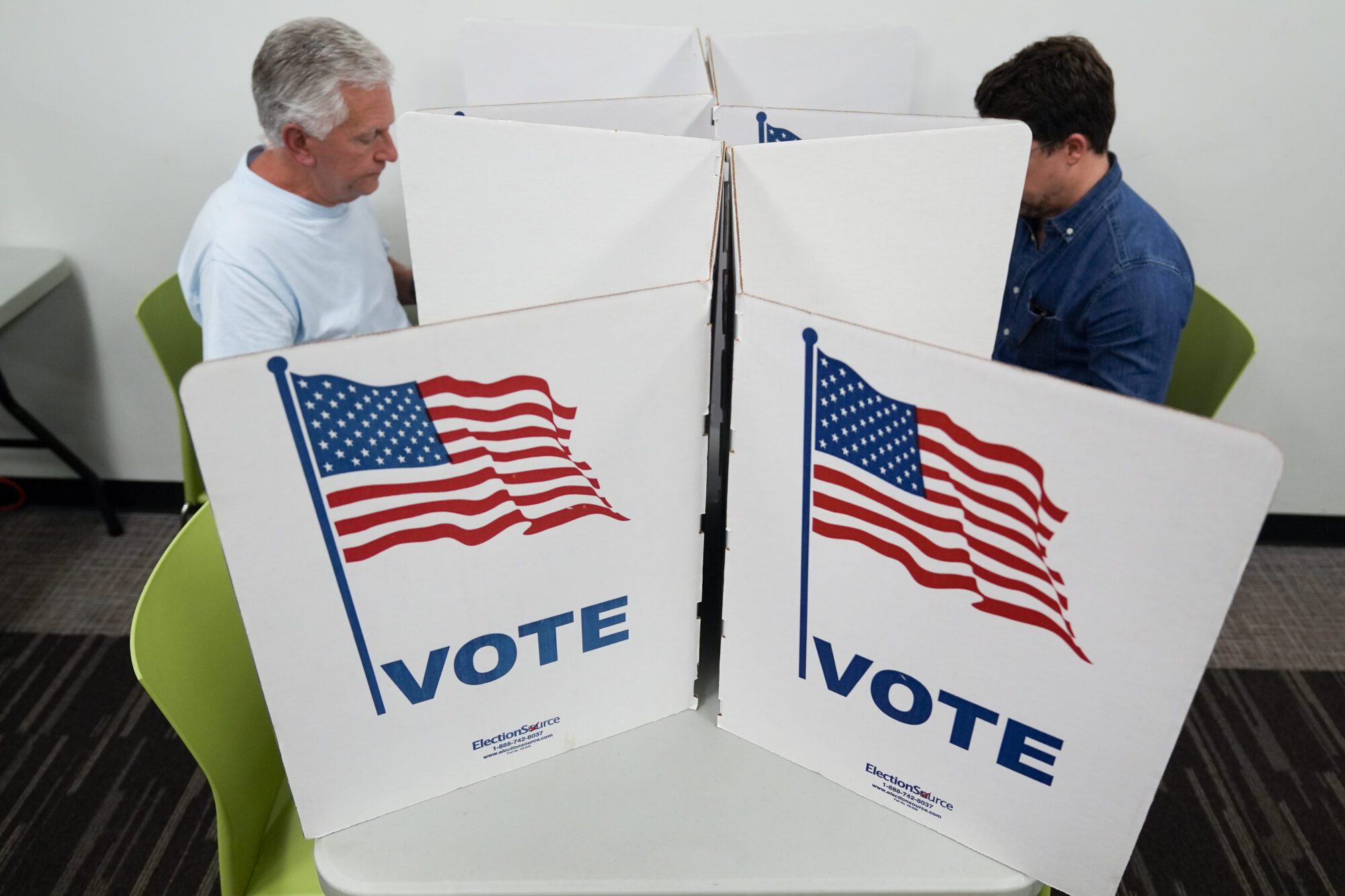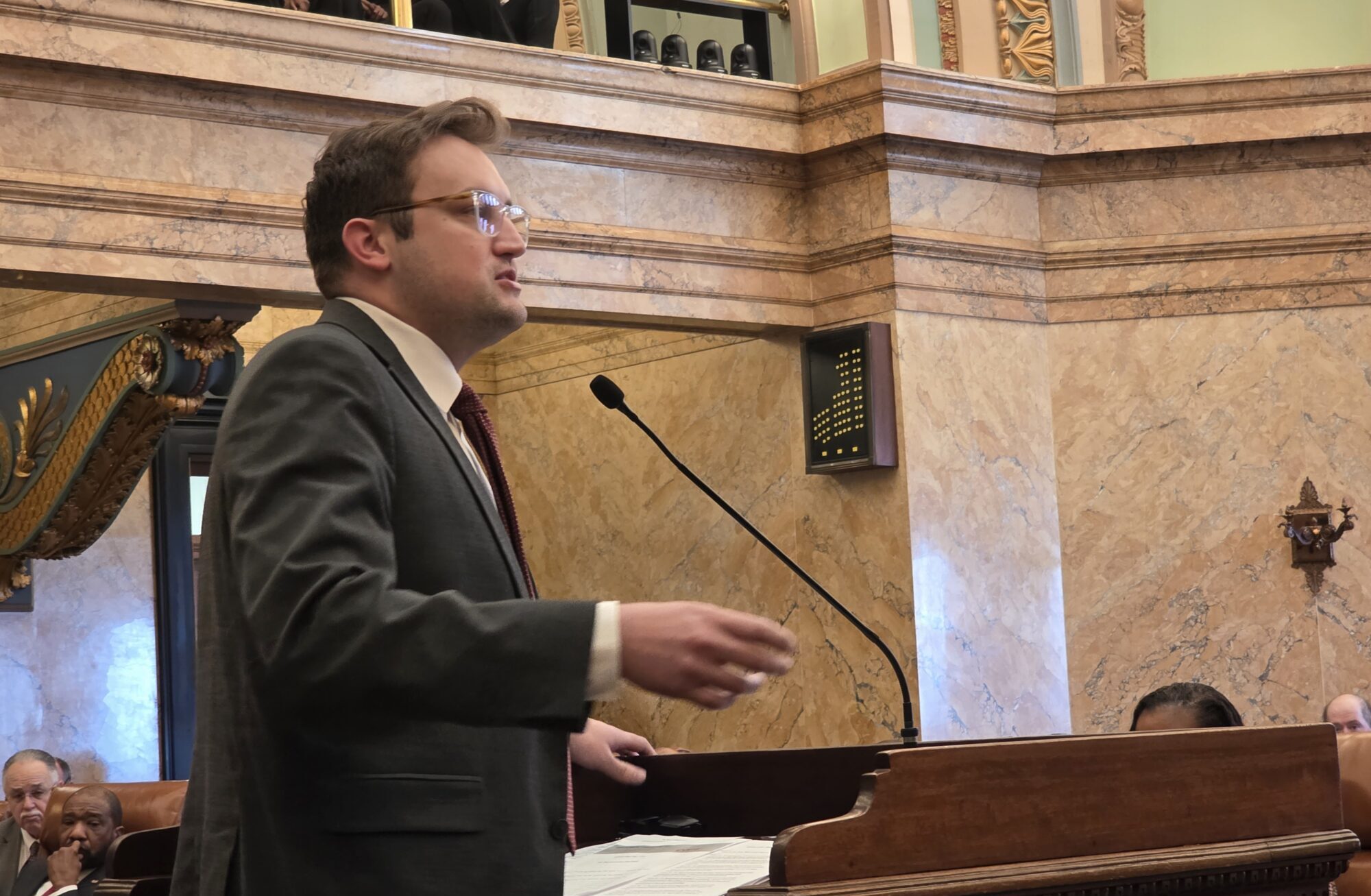When the government decides who can provide healthcare, everyone loses

Alasdair Whitney (left) is Legislative Counsel and Phillip Suderman (right) is a Communications Project Manager at the Institute for Justice.
- The overwhelming evidence, including the unwavering opinion of the federal government for more than three decades, has been that CON laws are a policy failure.
In a nation seemingly divided on everything, one issue unites us all: healthcare is a mess.
Prices are sky-high, access remains out of reach for many, and the system’s complexity leaves people struggling to understand what they’re actually paying for.
While the debate over solutions rages on, everyone can agree that Americans need greater choice in healthcare.
Unfortunately, there are laws in this state and many others that effectively deny freedom of choice in healthcare. A certificate of need, or CON, is a government-mandated permission slip that determines whether new healthcare facilities can be built, or existing services expanded. This law encompasses equipment purchases, the construction of new hospitals, and even the seemingly small detail of how many hospital beds a facility can have.
Mississippi currently operates a CON regime that requires many healthcare services and facilities subject to its domain to be approved by the state’s Department of Health (DOH).
But it’s not just government officials who get to weigh in on whether a healthcare investment is approved—it’s also other healthcare providers. Whenever a CON application is considered, a notice is issued by DOH informing incumbent healthcare providers of the opportunity to comment on the application. Predictably, many of these providers do not want to face competition and oppose the application.
This amounts to what are often insurmountable barriers for those wanting to enter the market. Can you imagine a law requiring a restaurant to ask the government and its competitors for permission to open? That’s the CON process in a nutshell. Healthcare is a business in a highly competitive service industry. And a business within this service industry can only thrive if it can effectively cater to the needs of the patients it serves.
Our organization, the Institute for Justice (IJ), has long worked to provide legal assistance and legislative advocacy to those wishing to end CON laws and restore true healthcare choice to the American consumer.
One of our cases, and a prime example of how CON laws limit critical access to healthcare, involved a pair of Nepali-American entrepreneurs trying to open a new healthcare facility in Kentucky. They wanted to provide home healthcare services in Louisville that catered to the specific needs of the Nepali-American community in a language community members best understood. But Kentucky denied their application because the government determined the service was not needed.
This case highlights why CONs are so damaging: the commonwealth’s formula for assessing the “need” for a new healthcare service in Louisville did not take into account the cultural or linguistic needs of the Nepali-American community.
Originally designed decades ago to control healthcare costs and expand access to care, CON laws have instead been shown to do the very opposite. IJ’s research shows that states with CON laws have higher healthcare costs and fewer medical services per capita. The overwhelming evidence, including the unwavering opinion of the federal government for more than three decades, has been that CON laws are a policy failure.
Not only are CON laws ineffective at their stated policy goals, but they also demand an incredibly time-consuming and expensive application process. In 2020, our research showed that the CON application process in Mississippi typically takes five months, or even longer if a hearing is requested.
But hearings and well-written applications do not guarantee a successful CON application. And if an application is denied then the process restarts. That’s another five months, or more, consumed by lawyers’ fees, paperwork, and red tape before the applicant is even granted permission to break ground on a new project.
It’s easy to understand why it’s difficult, if not impossible, to create more healthcare options.
Fortunately, there are politicians and organizations that recognize the harms CONs create and are working to repeal these laws.
This year, HB 922 introduced by Rep. Henry Zuber III, seeks to significantly shorten CON’s reach in Mississippi. The bill has already passed the House and has been referred to the Senate where it awaits committee consideration.
IJ supports this bill, along with other groups such as Americans for Prosperity and the Pacific Legal Foundation.
The Mississippi State Department of Health claims that “the CON process is designed to increase accessibility and quality of health services while avoiding unnecessary costs.”
But enforcing a law that artificially restricts the construction of new facilities or expansion of existing ones will never do that.
Together, we can create true healthcare choice in Mississippi by making it easier, not harder, for healthcare providers to build new facilities and provide cutting edge services based on the needs of the patients, not the whims of government officials.








